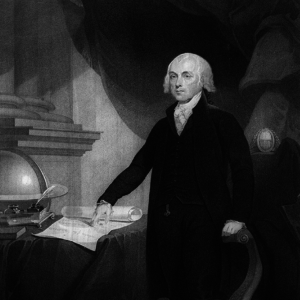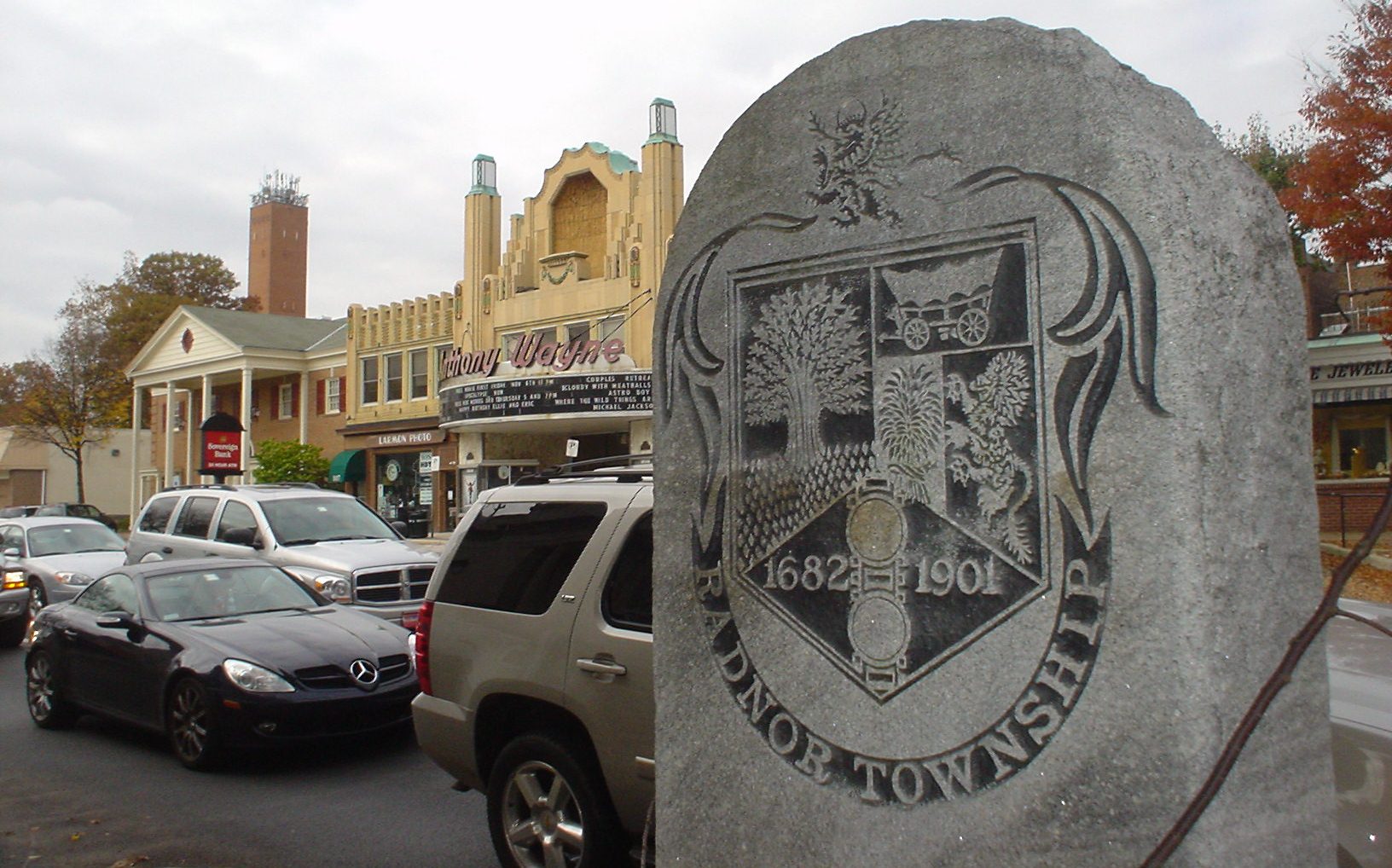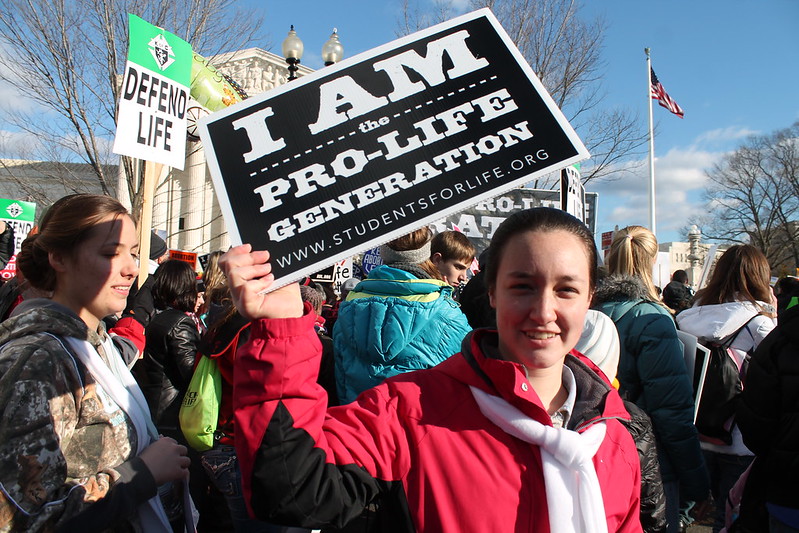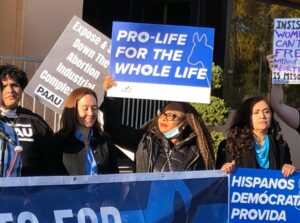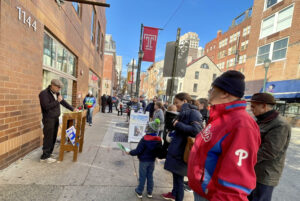McMONAGLE: Dobbs One Year Later: Mixed Results, Renewed Challenges
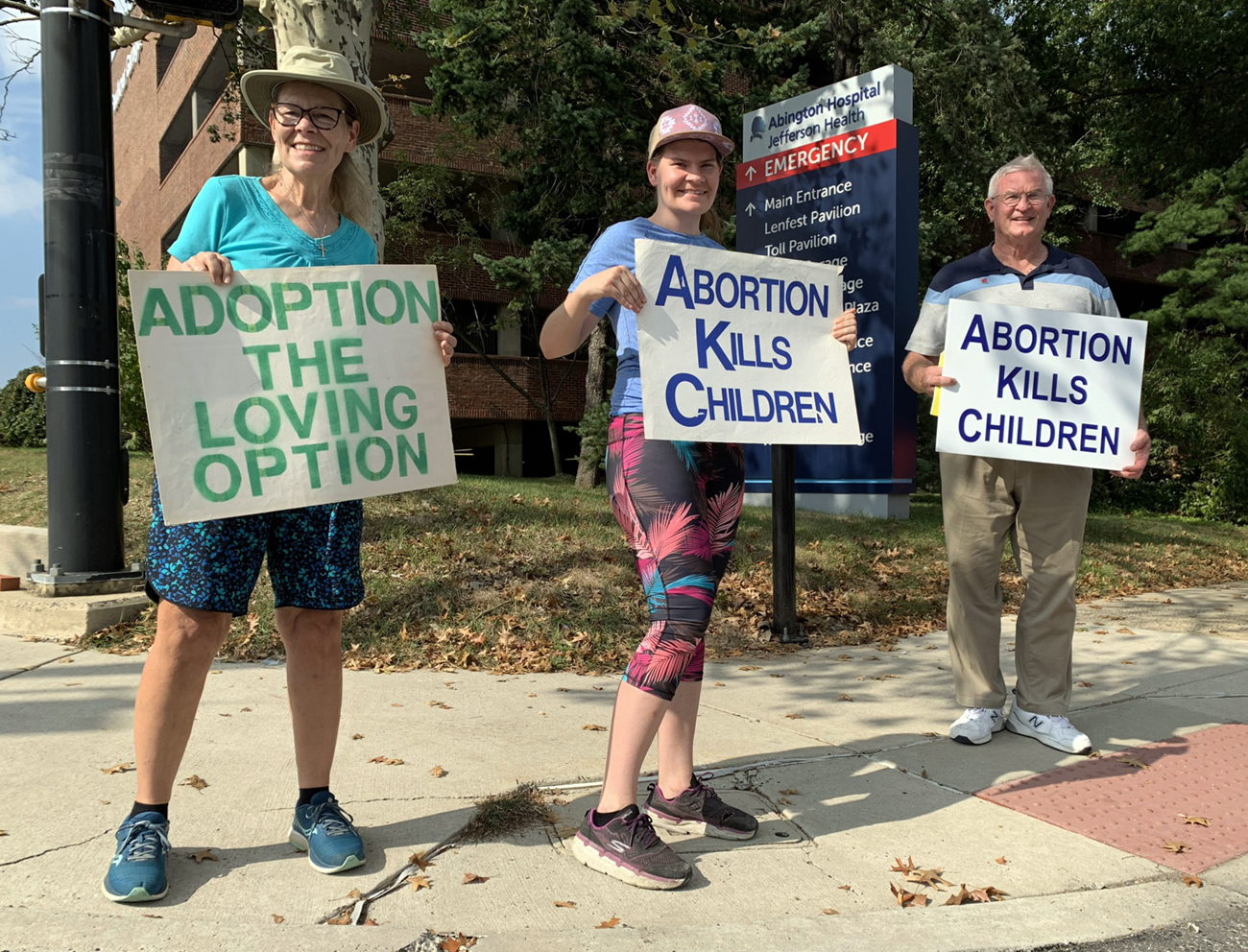
On June 24, 2022, the U.S. Supreme Court, with its Dobbs decision, reversed its intellectually dishonest and morally bankrupt January 22, 1973, Roe v. Wade decision, which invented a “constitutional right to abortion” under a “right to privacy” and a “trimester scheme.”
As a result, as reported by the state Department of Health (DOH), abortions in Pennsylvania rose from 8,540 in 1972 to a peak of 65,777 in 1980 to approximately 34,400 in 2022. According to the Guttmacher Institute, 24 states now have greater protections than allowed under Roe, with 12 states banning all or most abortions.
According to FiveThirtyEight, these protections have resulted in 24,290 fewer abortions between July 2022 and March 2023. However, such an expansion in Pennsylvania, from our current 24-week gestational limit, with some exceptions, is not currently realistic because of the election of another pro-abortion governor. However, our movement remains able to defeat pro-abortion legislation, such as H.B.428, introduced by the narrow Democrat majority in the Pennsylvania House, which seeks to eliminate many of Pennsylvania’s current abortion regulations, such as parental and informed consent, and permit non-physicians to commit abortions.
Dobbs has also renewed the public square debate on the “abortion issue,” which has produced mixed results. Governors who articulately defended their signing protective legislation (such as in Florida, Georgia, Iowa, Missouri, and Ohio) easily won reelection in 2022. However, candidates who did not articulately defend their pro-life position and did not criticize their opponents for support of legislation such as H.B.428 (e.g., Mehmet Oz and Doug Mastriano) lost.
State referenda results also emphasize the need to articulate the pro-life position regarding “exceptions.” The pro-life movement supports the most protective legislation that is politically viable. Such a position allows support for legislation with “exceptions” (which will still save many mothers and children from abortion) as long as the pro-life position is publicly expressed.
Abortion is the direct and intentional killing of a child in the womb. Thus, a procedure done to preserve the life of an expectant mother, such as the removal of an ectopic pregnancy or a premature delivery, is not an abortion. Support for a “rape exception” removes all of the love and justice from the pro-life position.
The basis for banning abortion then becomes whether the expectant mother consented to sexual activity that led to the child’s conception. Such an exception also punishes the child for the crime of his or her biological father. We acknowledge the need to better persuade our fellow citizens to the pro-life position, which is that every child should be welcomed in life and protected by law.
However, we will never persuade our fellow citizens to this position if we abandon it. In addition to changing public policy, the pro-life movement seeks to change our culture and the minds of abortion-minded women. Both of these efforts require renewing a proper view of human sexuality, which is a God-given gift ordered to unity and procreation in marriage.
Restoring this order will greatly reduce abortions (according to the Pennsylvania DOH, almost 90 percent of abortions continue to be committed on unmarried women) and will yield many other benefits. These include reducing crime, as most of Philadelphia’s record number of murders are committed by young men raised without fathers.
Our area’s cultural and political leaders continue to ignore this reality by euphemistically labeling these murders as “gun violence,” as if guns are shooting themselves. The position that “abortion is health care” requires a view that motherhood is a disease and the child in the womb may be treated as a tumor.
The pro-life side needs to emphasize that, along with his or her mother, children in the womb are patients who have been successfully cured of numerous adverse conditions. This website presents the details of these amazing stories, which are summarized by, “A patient is a person, no matter how small.”
Our Philadelphia area pro-life movement observed the first anniversary of Roe’s reversal on Saturday, June 24, with a Center City March For Life and a rally on Independence Mall. We also conducted the world’s largest Baby Shower to benefit our area’s network of services to expectant mothers and their families, which remains one of the most extensive in our nation.
Please follow DVJournal on social media: Twitter@DVJournal or Facebook.com/DelawareValleyJournal

